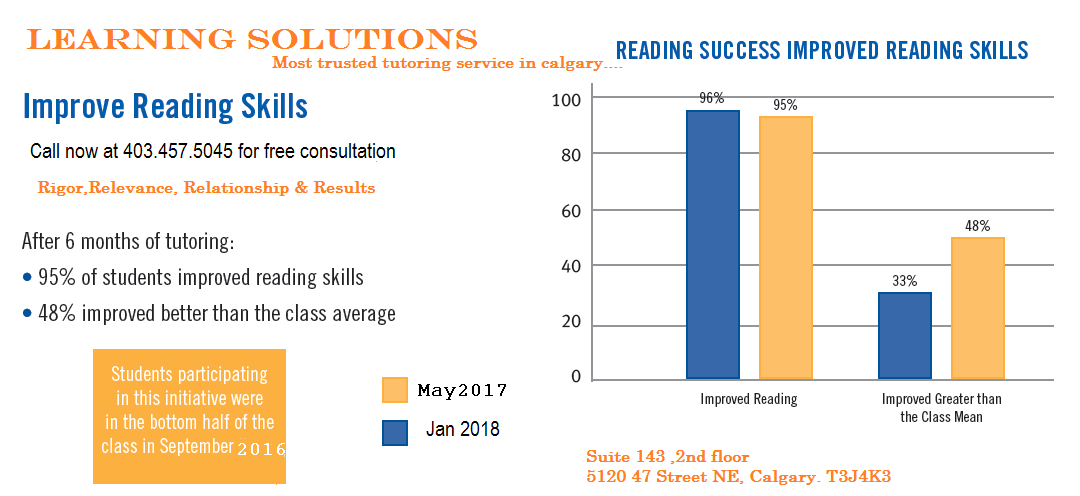6 Signs Your Child Needs a Tutor

When children have increased studies and busy family schedules, individual teaching can be a tremendously productive addition to a child’s studies. “One-on-one attention from a tutor can do wonders for even a typical learner,” says Laura Goldblatt, a licensed teacher in the continuing education program at Marlboro College in Marlboro, Vermont. Although some children do well with a helpful teacher at school and an active parent at home, others can benefit from extra help; below are examples of such situations. Seeking a tutor to circumvent falling grades can build academic success in the future, and your child will enjoy school more as a result.
Slipping Grades
If you believe that your child can do better than he did on his latest report card, or if you’ve noticed a gradual or sudden decline in his test scores, communicate with his teacher about your concerns. The teacher can point out concepts your child is having difficulty with; if your child is good at math but has difficulty with reading, he may have a harder time understanding a math worksheet with a story problem. A teacher can also note when your child’s attention has been drifting, which can indicate that your child has not mastered a topic or lacks focus. Once you’ve pinpointed the problem area or areas, you can take action to improve his grades again.
Not Managing Time Well
If your child puts off projects and postpone homework, she may not be able to keep up as workloads increase. Although an occasional delay can be expected, consistent procrastination can be a sign of a larger issue, especially if a child ignores repeated reminders. “A parent’s intuition is a powerful thing when it comes to [her] child’s education,” says Joe Morgan, CEO of Noodle Education (noodle.org), a website that helps parents find tutoring and educational opportunities. “If you notice your child struggling, be it [with] a specific subject or a time management issue, or if you suspect there might be a learning disability, there are professionals who can help and parents can be proactive seeking that assistance,” he says. Hiring a tutor can assist your child to improve study habits, cultivate self-motivation, and keep pace with upcoming assignments and tests.
Being Consistently Confused
Sometimes a child is underperforming because he simply doesn’t understand the homework. If he is repeatedly puzzled by certain concepts, he may not be keeping up with grade-level expectations. It can be difficult to discern if your child is confused because the curriculum concepts aren’t clear or if he simply wants to avoid work. But if your child repeatedly expresses anxiety about a test and is defensive when you try to help, a tutor can help him comprehend each subject at the current level to ensure grade advancement.
Lacking Confidence
It is natural to be uncertain when learning a new concept, but it is not constructive when a child is told she isn’t smart enough to do well in school. If your child is feeling blue and saying she can’t keep up, her impulse may be to run and hide rather than ask for help. “When you notice your child getting stuck on certain skills over time, or if your child…would feel great about being a little more confident, [she] could benefit from a tutor,” Goldblatt says. When tutoring is successful, a child will become self-assured and have newfound confidence, which may lead to participation in the classroom.
Decreasing Parental Supervision
When parents take on additional commitments outside of the family, it may be impossible to maintain the same level of homework help they had been providing their child. Also, as a child ages and his workload increases, this could require blocks of study time too large to fit into a family schedule. And sometimes the concepts covered in school or the manner in which they are taught may not be familiar to parents. In any case, it is not always possible for a parent to manage a child’s homework. Tutors can help ease scheduling conflicts within a household. “If you know you aren’t going to have time or energy to help kids with a difficult project, or just plain homework over time, a tutor can be a good idea,” Goldblatt says.
Learning Disabilities
Tutoring sessions are also beneficial for children who have been diagnosed with a learning disorder, such as ADHD, dyslexia, or a visual processing problem. Kids with learning disabilities often have to work harder than their peers to stay on the same academic track. Fortunately, there are tutors who are experienced in teaching children with disabilities, and they can give these children the time and attention needed to master subjects and establish study habits. A specialized tutor can present information in a way that’s easier for a child with a learning disability to understand, which can then make school less difficult and more enjoyable.





